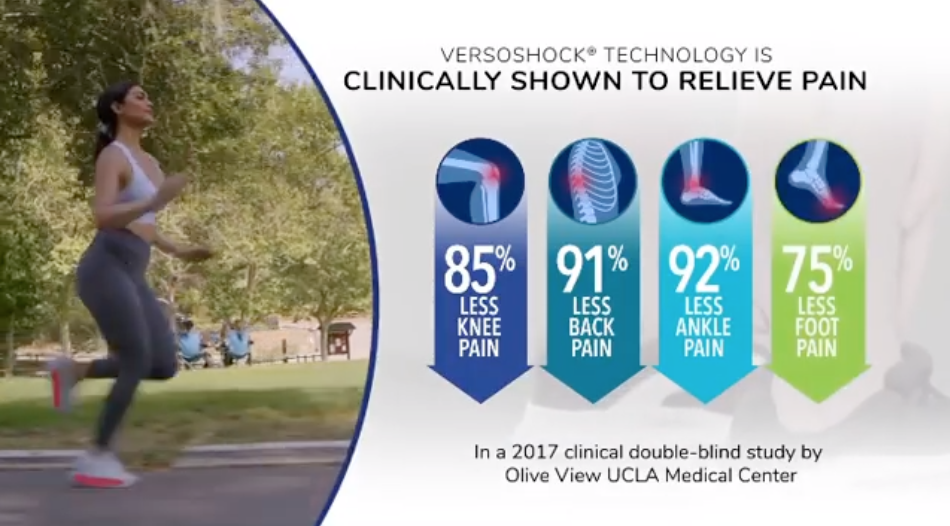
Gravity Defyer Shoes
“Clinically proven” pain relief claims come under fire.
Consumers may want to see through many of this company's claims.
True Tone claims that with its “tan-through” swimwear, you can “say goodbye to tan lines.”
“I know some people like their tan lines but honestly once you don’t have tan lines … you never want to go back,” says one happy customer in a video on the company’s website.
True Tone advertises that its swimwear is made with a “techno-fabric” that lets in UV-A rays, which are responsible for tanning. But the benefits don’t stop there.
By allowing more UV-A rays to permeate the skin, the company claims its clothing can even lead to an increase in sexual energy as well as creativity and focus (if you didn’t have plans for after the beach, maybe you do now).
Unfortunately, after receiving a tip from a consumer, TINA.org found that the company’s claims of “no more tan lines” fall apart upon closer scrutiny.
In fact, True Tone itself states on its website it cannot “guarantee a 100% tan-through experience,” that wearing the fabric is “parallel to wearing SPF 8 – 15” and that consumers will tan through some areas – specifically, under the swimwear’s straps – at a “slower rate.”
We recommend you move your straps from time to time to prevent any lines from developing.
But isn’t the point of purchasing a tan-through bikini that you don’t have to make these adjustments like you would with a normal bathing suit if you want to avoid tan lines?
True Tone also pulls back on the additional health benefits of UV-A rays and perineum tanning, acknowledging in a November 2024 blog post that they are not backed by science. Experts agree.
But while the company’s swimwear may not be completely tan-through, according to some consumers, it may be see-through:
Perhaps consumers should also see through many of this company’s marketing claims.
True Tone did not respond to TINA.org’s request for comment.
Find more of our coverage on clothing and fashion.
Our Ad Alerts are not just about false and deceptive marketing issues, but may also be about ads that, although not necessarily deceptive, should be viewed with caution. Ad Alerts can also be about single issues and may not include a comprehensive list of all marketing issues relating to the brand discussed.
“Clinically proven” pain relief claims come under fire.
Marketer makes some bold claims related to the coronavirus.
Customer testimonials aren’t a good fit for claims that shoe inserts address medical conditions like plantar fasciitis.


